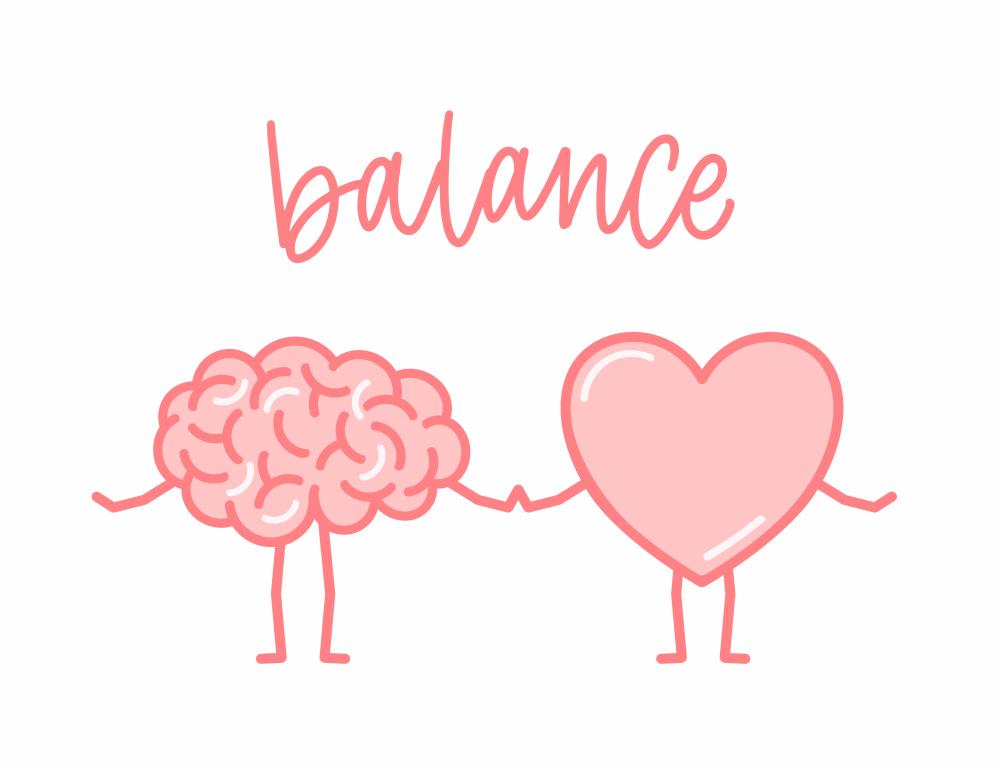HEALTHY relationships have been proven to boost our health, and lower our stress levels. According to studies, those who have good relationships are happier and have less stress. All romantic relationships have ups and downs, and they all require effort, dedication, and an ability to adapt and evolve alongside your partner. However, whether your relationship is new or has been going on for a while, there are steps to it.
Open communication
Partners in healthy relationships typically discuss what is going on in their life, including their accomplishments, disappointments, and everything in between. You should feel comfortable discussing any difficulties that arise, from little ones such as job or friend stress to more significant issues such as mental health symptoms or money problems. Even if they disagree, they listen without judgement and then give their point of view. Communication is two-way. It’s also critical that you believe they will express their own problems or ideas when they arise. People in partnerships may appreciate emotional check-ins and regular communication about what’s going on with other partners even more.

Be prepared for ups and downs
It is indeed critical to remember that every relationship has ups and downs. You will not always be on the same wavelength. Sometimes one spouse is dealing with a stressful circumstance, such as losing someone close. Other situations, such as a job loss or serious health difficulties, can have an impact on both couples and make it harder to relate to one another. You may have different views about how to manage your finances or raise your children.
Keep physical intimacy alive
Physical touch may improve the warmth and love in your relationship. Physical closeness can help your body produce more oxytocin, a hormone that promotes bonding and connection. Remember that sex is not the only way to experience physical connection. Intimacy is more than simply physical contact, and it isn’t necessarily about big moments. True closeness may also be found in the smallest of ordinary situations. Hugging, holding hands, and kissing are all part of this strategy. At the end of the day it’s all about keeping the fire burning.

Boundaries
We all have personal boundaries when it comes to what makes us feel good, secure, safe, and so on. In a healthy relationship, you should feel completely comfortable stating such limits and knowing that they will be respected by your spouse, and vice versa. If you just want to hang out three times a week, that’s great; if you want to wait a while before being personal, that’s also fine. Remember that setting personal limits in any relationship should not make you apprehensive or afraid. And if you believe your partner or friend is using limits to control you, such as asking you not to hang out with your pals or demanding you to share passwords, it’s time to reconsider your relationship.
Small things can make a big impact
Although huge gestures on special occasions such as birthdays, Valentine’s Day, and other holidays are nice, they may not be as important as engaging in smaller deeds on a regular basis. The most essential thing you can do for your relationship is to respond favourably to your spouse in ordinary activities such as checking in with your partner during the day or picking up flowers on your way home. Showing them that you care every day is the only way to maintain a solid connection with your spouse and, eventually, a healthy relationship.

Create a weekly ritual to check in with each other
It might be brief or lengthy, but it always starts with asking each other what worked and what didn’t work the previous week, and what can be done to better things this week. Use this time to get some alone time with your partner, arrange a date night, and speak about what you want to see happen in your relationship in the next days, weeks, and months. Unfulfilled desires and resentments might accumulate if a temperature check is not made on purpose.
Be honest to each other
When considering how to establish a healthy relationship, honesty is essential. That includes being honest, loyal and in yourself, traits which are essential for forward-thinking conflict resolution in your relationship. When faced with disappointment, suffering, or surprise, it is critical to be honest and fearless. Even the most intense partnerships have tragic times. When disagreements arise, do not avoid them. Face them openly and boldly, certain that you and your spouse are up to the task.
Being able to apologise
Acknowledging when you are wrong and apologising is a valuable ability to have, and it may assist to build relationships. Whether you intended to harm your spouse or not, apologising is a means to show another person that you recognise what you did was wrong. What has occurred, being able to express your regret and move on allows both of you to let go of any animosity or unpleasant sentiments. Making an apology strengthens your relationship with the other person. It demonstrates that you are concerned about their sentiments and are aware that you have caused them pain. Most importantly, be true to yourself. Being real is much easier and more enjoyable than pretending to be something or someone else. Healthy individuals form healthy relationships.









